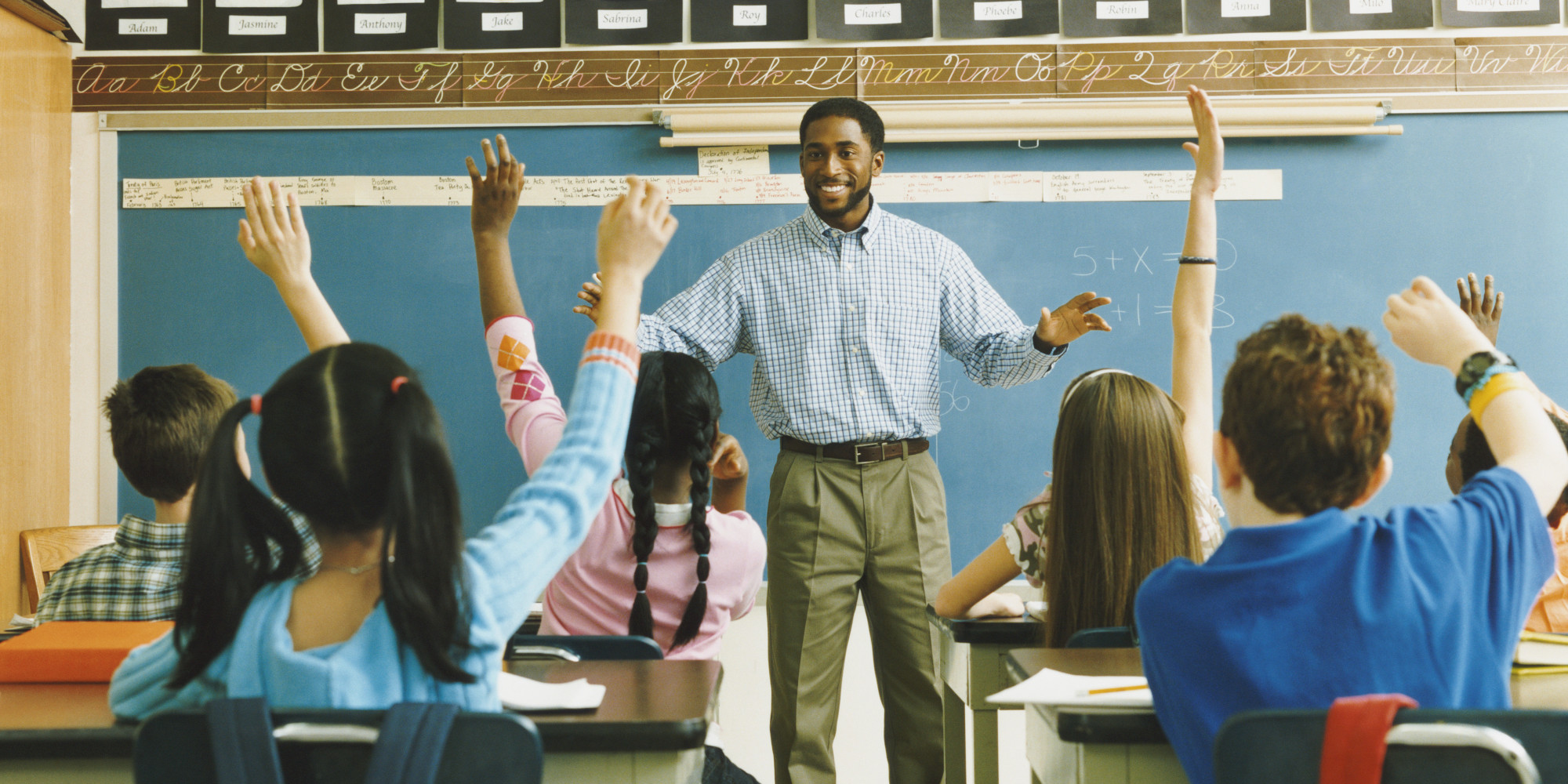Introduction
In a world grappling with the urgent challenges of climate change, teachers emerge as unsung heroes. Beyond their role as educators, they are also the custodians of a brighter, more sustainable future. Climate education is not a mere addition to the curriculum; it is a transformative force that empowers students to become responsible global citizens. In this blog, we delve into the crucial role of teachers in promoting climate education and shaping environmentally conscious leaders.
Fostering Environmental Awareness
Teachers are the first touchpoints for young minds, where seeds of environmental awareness are sown. By incorporating climate-related topics into their teaching, educators can spark curiosity and nurture a sense of responsibility towards the planet. Whether through science lessons, geography, or even literature, teachers have the power to highlight the interconnectedness of human actions and the environment.
Teaching Critical Thinking
Climate education is not about feeding students facts; it’s about nurturing critical thinking skills. Teachers encourage students to ask questions, analyze data, and evaluate the credibility of sources. They inspire students to think beyond the classroom, fostering a mindset of inquiry and problem-solving—crucial skills for addressing climate challenges.
Inspiring Action
The power of a passionate teacher should not be underestimated. Teachers who are enthusiastic about environmental issues can inspire their students to take action. They can lead by example, organizing eco-friendly school initiatives, clean-up drives, or even tree-planting events. By doing so, teachers instill the belief that individual actions matter and can contribute to a sustainable future.
Promoting Multidisciplinary Learning
Climate change is a complex issue that transcends disciplinary boundaries. Teachers can bridge these gaps by promoting multidisciplinary learning. Collaborative projects that involve science, math, art, and social studies provide students with a holistic understanding of climate change and its impact on various aspects of society.
Nurturing Empathy
Teachers have the unique ability to foster empathy in students. By discussing the human and ecological consequences of climate change, educators can help students connect with those affected by environmental crises. This empathy is a driving force for action and a catalyst for change.
Encouraging Sustainable Practices
Teachers play a practical role in promoting sustainable practices within schools. They can integrate eco-friendly practices into the school culture, from reducing waste to energy conservation. Such practices not only reduce the school’s carbon footprint but also serve as tangible examples for students to follow in their own lives.
Adapting to Changing Realities
Climate change is an evolving challenge, and teachers must adapt their teaching methods and materials accordingly. Staying informed about the latest scientific findings, policy developments, and technological advancements equips educators to provide up-to-date and relevant information to their students.
Conclusion
Teachers are more than educators; they are agents of change. In the realm of climate education, they hold the key to shaping a generation of environmentally conscious citizens. By fostering awareness, critical thinking, empathy, and action, teachers can empower their students to become advocates for a sustainable and resilient world. Their role extends far beyond the classroom, making them indispensable allies in the global fight against climate change. As we celebrate the tireless efforts of educators, let us recognize them as the true heroes of our planet’s future.

